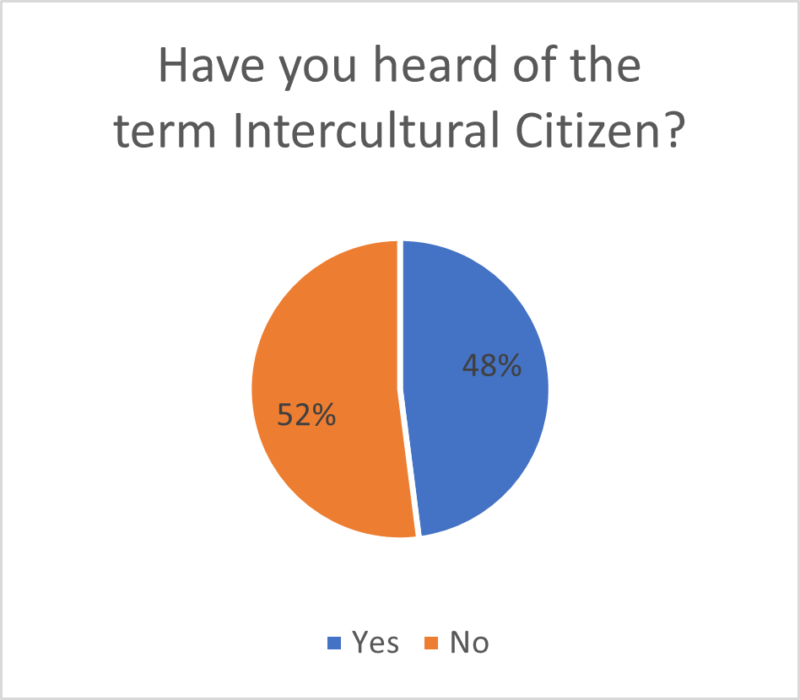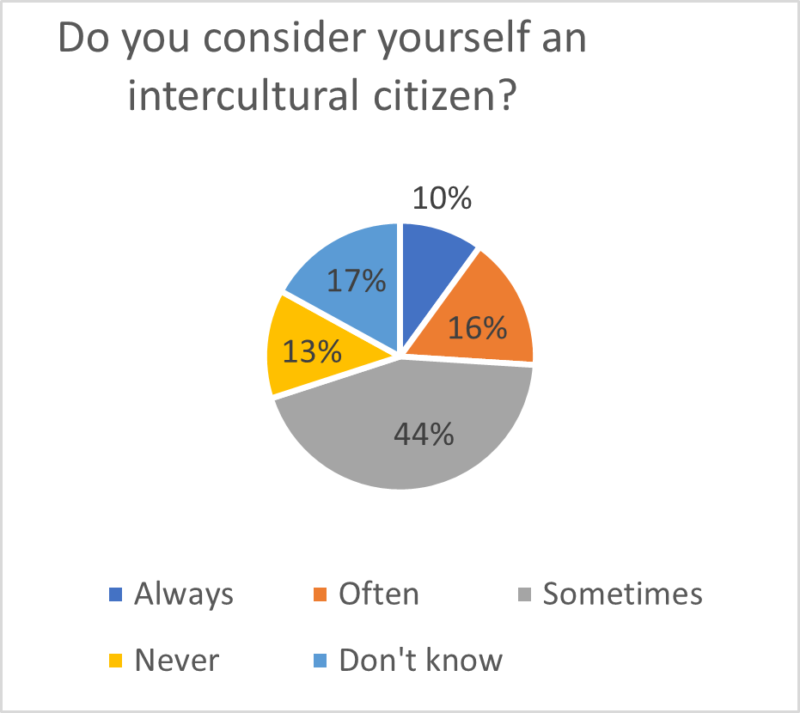The results of a conducted survey, involving 407 students from Kazakhstani universities such as Astana IT University, Sh.Ualikhanov Kokshetau University, and S. Toraighyrov Pavlodar University, showed that the respondents generally held a positive attitude towards intercultural citizenship, and its key components were considered important by the participants. These components included language proficiency, cultural awareness, acceptance of diversity, tolerance, and respect for other cultures. However, the results also indicated that the students had a superficial understanding of intercultural citizenship, as their responses were limited to only some basic components of intercultural citizenship. Additionally, the participants experienced difficulties in describing the qualities and responsibilities of an “intercultural citizen”, which could be attributed to their lack of knowledge of the concept itself.



